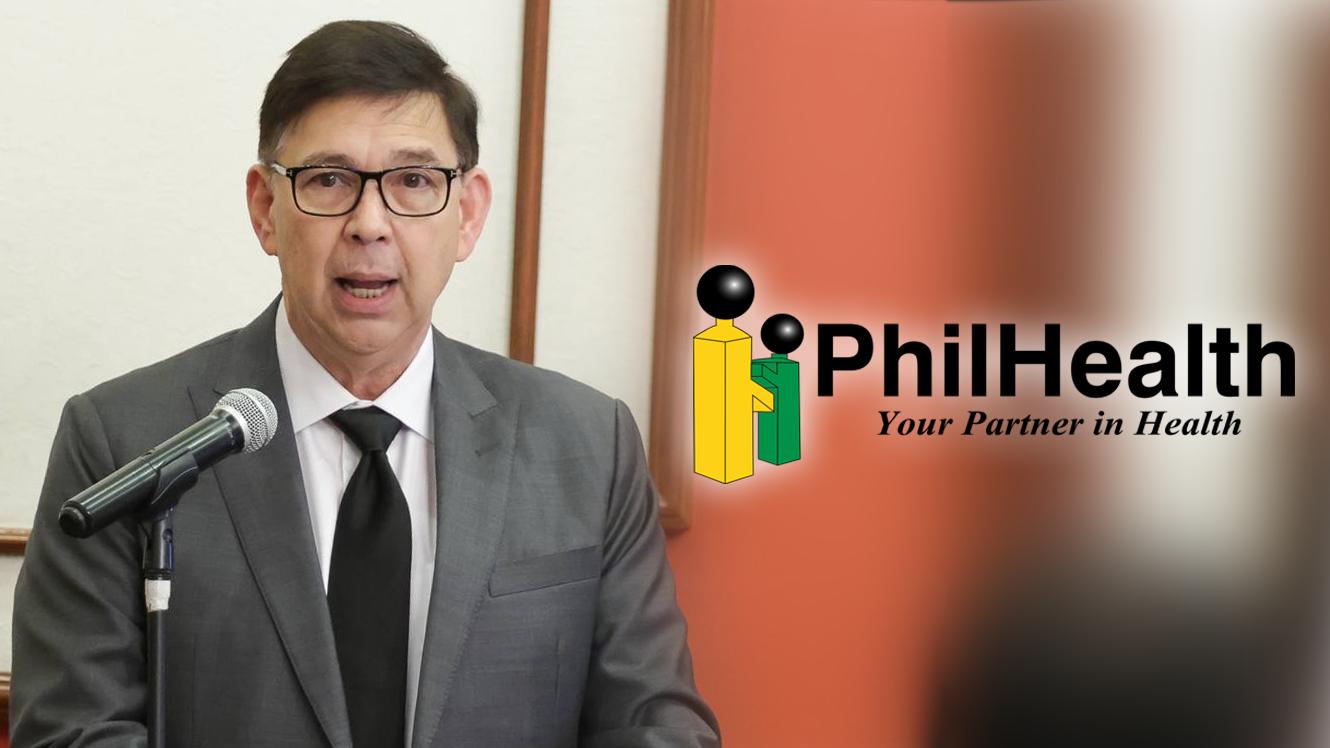
By Benjamin Pulta | Philippine News Agency
Finance Secretary Ralph Recto on Wednesday defended the transfer of idle and unused Philippine Health Insurance Corp. (PhilHealth) funds, as well as those from other government-owned and -controlled corporations (GOCC) into the national coffers.
Appearing before the Supreme Court, Recto said the decision to secure funds was a “common-sense approach” to allow the government to forgo borrowing funds abroad to fund key projects.
“First, we are still recovering from the pandemic that gave us the hardest economic blow: a contraction of 9.5 percent in 2020—the lowest since post-World War II. To address both health and economic needs during that crisis, the government had to borrow more money—utang na minana ng kasalukuyang administrasyon,” he said.
He noted that by 2022, when President Ferdinand R. Marcos Jr. took office, the national debt had soared by P7.47 trillion—surpassing the combined debt of all previous administrations and bringing the debt-to-GDP ratio from its lowest level of 39.6% in 2019 to a high of 60.9% in 2022.
“And now, it is our responsibility to repay these large borrowings. We inherited this debt but we do not intend to simply pass this burden onto the next administration. We intend to try our best to reduce it,” Recto explained.
He said that against a backdrop of geopolitical tensions, as well as supply chain disruptions from the pandemic, Congress mandated in the 2024 General Appropriations Act to sweep the unused, idle, and excess funds of GOCCs “to raise more resources to support the President’s priority programs and enhance economic recovery efforts.”
“As the Solicitor General has accurately pointed out early in this oral argument, this move is a temporary and common-sense approach within legal bounds to fund critical government programs for Filipinos,” Recto said.
“We are the government’s chief fundraiser. We are called to steward the nation’s fiscal stability. It is our duty to put every peso to work for the people. Sleeping funds serve no one. Every idle peso is a disservice to every Filipino.”
He pointed out that based on the 2024 GAA, the country had an appropriation of P5.76 trillion, of which only P4.27 trillion was supportable by revenues.
He said that reckoned on a daily basis last year, expenditures amounted to P15.8 billion a day in cash, of which P11.71 billion in cash was funded by revenue collections and the rest, P4.10 billion in cash, by loans.
Recto added that the move to sweep the unused, excess, and idle funds of GOCCs, including PhilHealth, is in line with the principles of the Medium-Term Fiscal Framework to ensure the country’s macro-fiscal stability.
“This framework ensures that we reduce our fiscal deficit from a high of 8.6 percent to GDP in 2021 to only 3.7 percent in 2028. Last year, we already hit our target of reducing this to 5.7 percent. This will allow us to sustainably reduce our national government debt from a high of 60.9 percent of GDP in 2022 down to 56.3 percent in 2028.”
And just as in the pandemic that brought the Bayanihan 1 and 2 laws, Recto said the measure may be seen as a Bayanihan 3, which is “not funded by new taxes but one funded by the funds already in our possession and mobilizes all our available resources—all idle, excess, and sleeping public funds—to help the economy recover faster, create more jobs, increase incomes, and reduce poverty in the process.”
“We wouldn’t be doing our job, Your Honors, if we willfully neglected our duty to exercise fiscal prudence in this matter just because it is unusual. We wouldn’t be doing our job if we clung to convention over common sense,” he said.
The SC is hearing oral arguments challenging the Department of Finance-mandated transfer of PhilHealth’s P89.9 billion excess funds to the national treasury.=
Of the excess funds, PHP60 billion has been transferred since 2024 while the remaining tranche worth P29.9 billion remains on hold after the SC issued a temporary restraining order.
